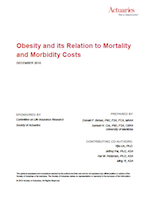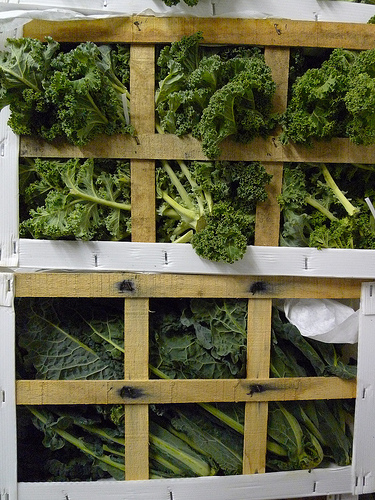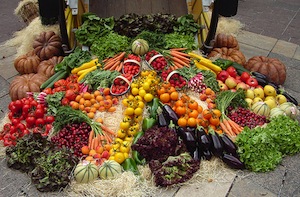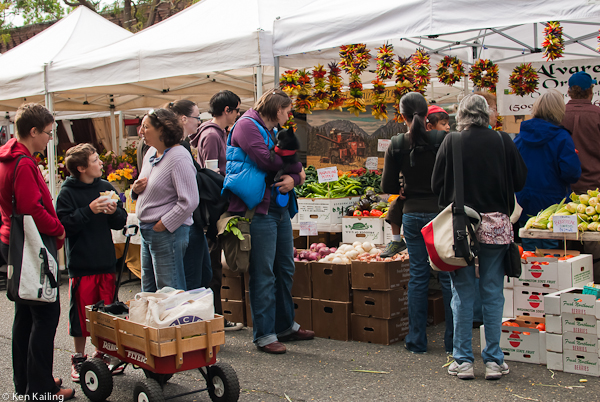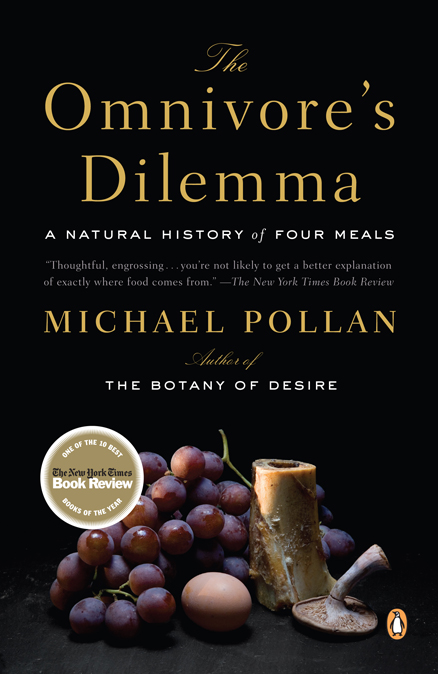Obesity is Costing Us $300 Billion Every Year
A new study by the Society of Actuaries – those folks who figure out all the odds that help insurance companies make money – estimates that the total economic cost of overweight and obese people in the U.S. and Canada is $300 billion a year.

